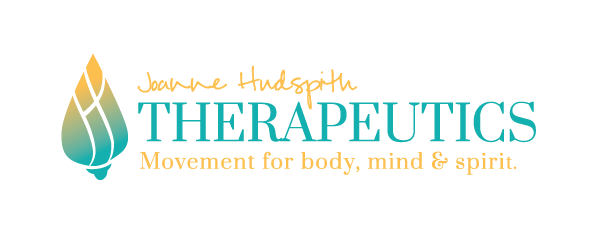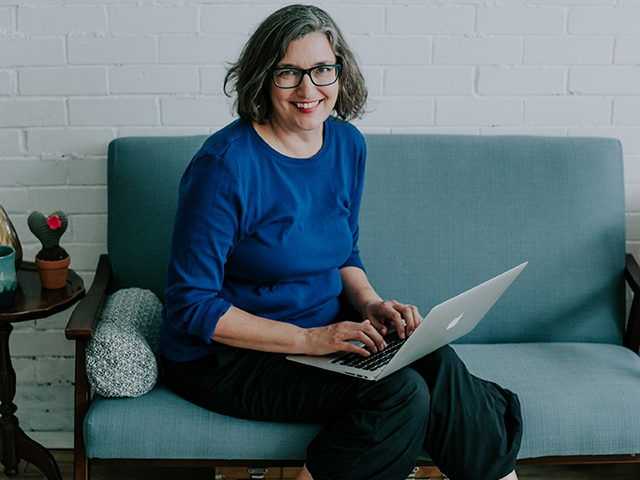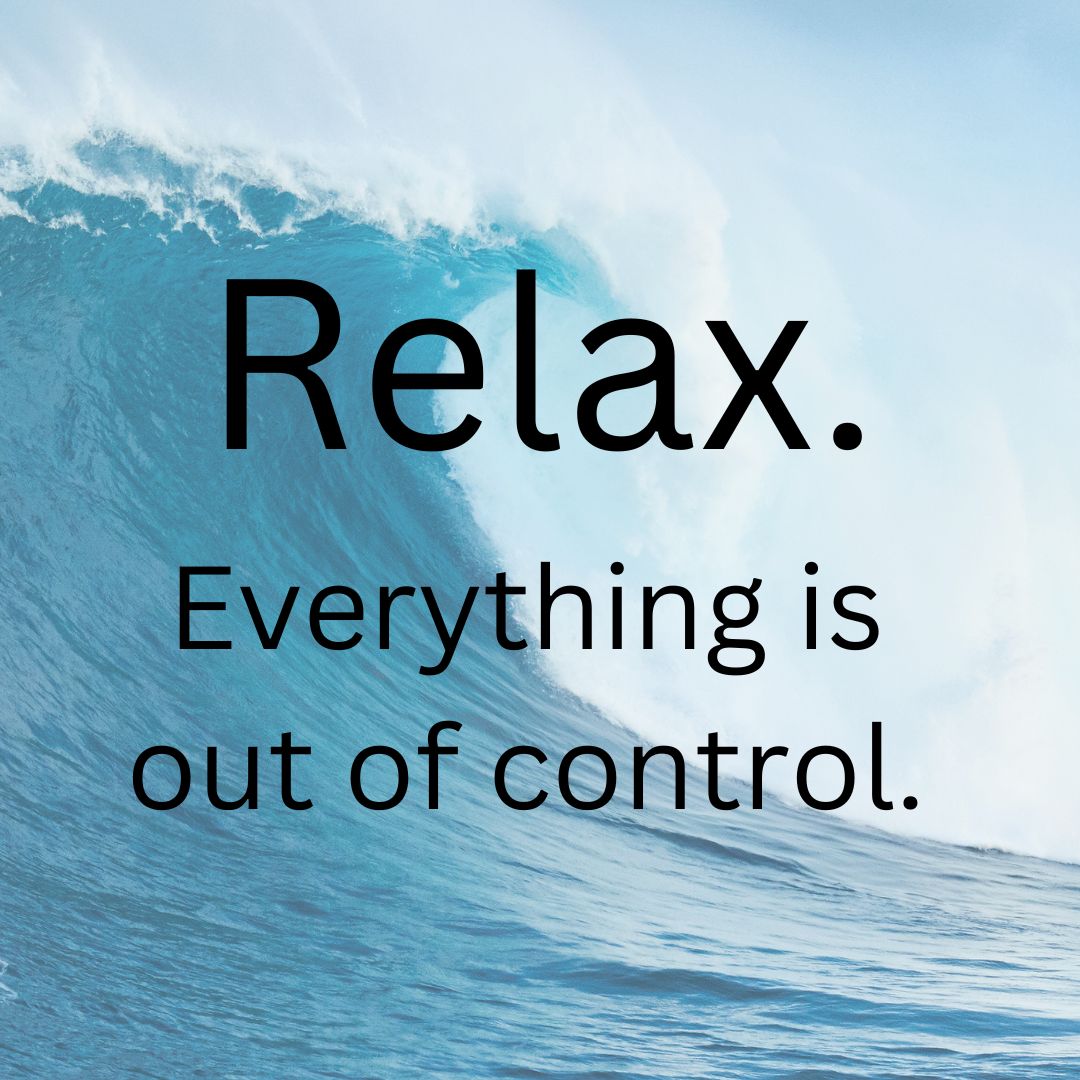What do you dislike about yourself?
What do you love about yourself?
(Which of those questions is easier to answer?)
Sometimes I feel I’m a little too sensitive, too thin-skinned. I take things personally, over-analyze and I spend more time than I’d like to admit imagining worst-case scenarios.
I’m more controlling and rigid than I’d like to be. I like to know what to expect, I hate getting lost, and I don’t have the capacity for spontaneity that I admire in others.
I’m too introverted. It takes time for me to get comfortable with new people and in new situations, so I spend lots of time on the sidelines, observing instead of participating. This often leaves me feeling like I don’t fit in, that I’m missing out.
It’s difficult for me to acknowledge those aspects of myself, but it’s important that I do so. I have been criticized for those qualities, by others and by myself. They are parts of my personality that I have been ashamed of, pushed away and denied.
Now I know that they’re my superpowers.
What?!?!?!

I’m too sensitive, have an overactive imagination, am overcontrolling, have analysis paralysis, and am too introverted.
Let’s try that again:
I’m too sensitive, have an over active imagination, am overcontrolling, have analysis paralysis have planning and organizational skills, and am too introverted.
My sensitivity helps me to be a good listener, to be empathetic to others and myself, and is the foundation for the mind-body connection that is integral to my life and work.
The same imagination that leads me down the rabbit hole of worst-case scenarios is a part of the creativity that enables me to write this newsletter each month, and to envision the possibilities for future projects.
My ability to plan helps me create a concrete roadmap towards the possibilities I’ve envisioned. (It also makes me great at planning holidays!)
The observational skills I developed as an introvert have trained me to see the big picture with greater clarity, helping me to see connections and recurring patterns in seemingly disparate areas of life, and then to pull together those strands in my work.
We’re all superheroes. We each have superpowers.
But we are unable to utilize and share our powers when we fail to recognize and acknowledge them.
Acknowledging your superpowers doesn’t make you arrogant or conceited. It makes you able to use them and share them with the people you love and with your communities to make this world a better place.
What are your superpowers? How do they help you? How do they get in your way?
How can you use them to improve the way you’re moving?
How can you use them to improve relationships?
How can you use them to live more skillfully and joyfully?
My superpowers have helped me become a skillful teacher and movement therapist. I respond to the needs of my students and clients; the work we do together is accessible and relevant to them, addressing their issues, working toward their goals, resulting in increased strength and resilience, and decreased pain. Click the links for more information about classes or private sessions.




